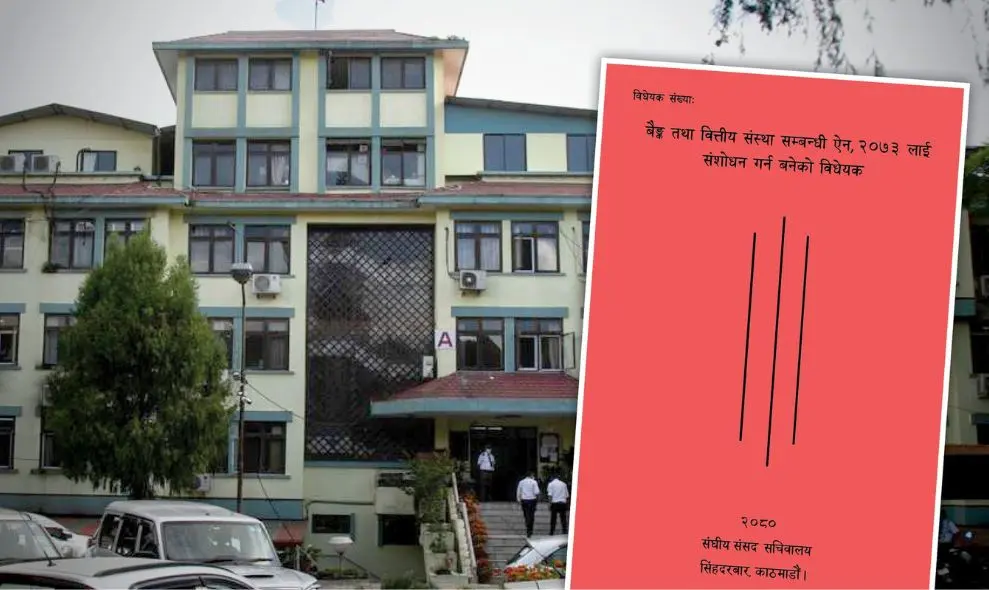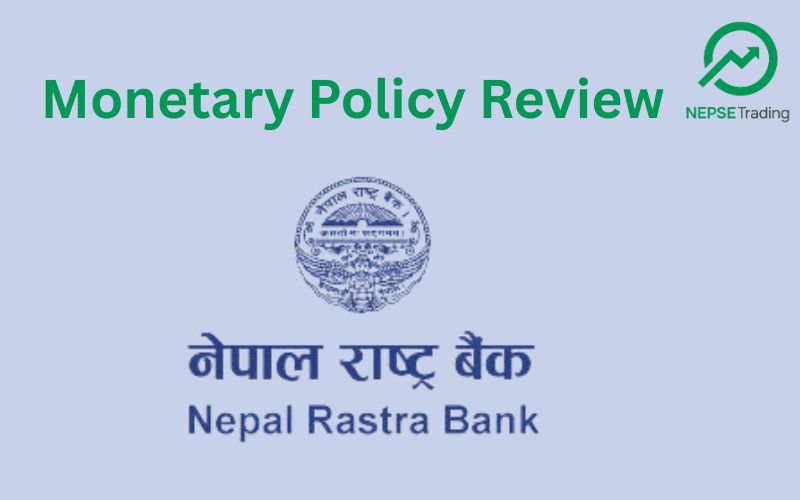By Dipesh Ghimire
BAFIA Pushes to Separate Business from Banking: Seven dozen Commercial Bank Founders at Risk

Nepal’s financial sector is currently witnessing a regulatory shake-up that could redefine the relationship between the country’s commercial banks and their major shareholders. A proposed amendment to the Bank and Financial Institutions Act (BAFIA), 2073, aims to bar individuals or entities holding 1% or more of a commercial bank’s paid-up capital from taking loans from any financial institution.
At the heart of this amendment is a controversial clause: "No individual should simultaneously be a banker and a businessperson." The move targets the long-standing practice of prominent business families investing heavily in banks, and then securing substantial credit lines, raising concerns over conflict of interest and systemic risk.
The Scope of the Bill
Under the new bill (BAFIA Amendment Bill 2080), such dual roles would be prohibited. If passed, it could force 82 individual shareholders across 14 of Nepal's 20 commercial banks to either:
Give up their shares exceeding 1% in paid-up capital, or
Refrain from operating any business that seeks financing from the financial system.
This has sparked debate within the banking and business communities, as these individuals represent some of the country’s most influential entrepreneurs.
Who Is Affected?
A detailed analysis of the shareholding structure of Nepal’s major commercial banks revealed:
88 individuals hold more than 1% founder shares across 14 banks.
82 of them are active in other businesses—thus falling into BAFIA’s conflict definition.
These individuals are now at risk of being disqualified from continuing as bank promoters unless they exit from their business operations.
Bank-Wise Breakdown of Affected Businesspersons:
Exception: Some individuals like Binod Chandra Bharal (Prime Commercial Bank) and Dhananjay Acharya (NMB Bank) are not directly engaged in businesses and might be exempt from the ban.
Why This Matters
1. Conflict of Interest and Risk Management
This amendment seeks to remove conflicts where influential individuals can manipulate loan approvals in their favor by virtue of their board positions or influence in banks. This has long raised red flags for banking regulators and international observers.
2. Corporate Governance Reform
If implemented, the reform would improve transparency and governance in the banking sector. However, it could also discourage wealthy investors from founding banks, potentially affecting capital mobilization in the sector.
3. Potential Capital Exodus
Prominent business families who currently hold significant shares might be forced to divest, which could create market uncertainty and affect investor confidence—especially if such divestments are rapid.
4. Business Ecosystem Impact
Many of the affected individuals are also involved in Nepal’s top manufacturing, trading, and service companies. Their removal from banks could fragment the integrated business-finance ecosystems they built over decades.
Regulatory Justification
The Nepal Rastra Bank and lawmakers argue that the financial system must be insulated from insider abuse. The 2008 global financial crisis and several domestic loan defaults have shown how intertwined ownership and credit lines can destabilize the system.
According to the bill drafters:
“When an owner of a bank is also a borrower, accountability is diluted. If the borrower defaults, banks are less likely to take legal action against their own promoters.”
A Defining Moment for Nepali Banking
The amendment to BAFIA represents a major turning point. While the reform aligns Nepal with global standards of banking governance, its implementation will need caution. A transitional period, clear definitions of “business involvement,” and possible exceptions for passive investors will be essential.
For now, the bill remains under deliberation in the parliamentary Finance Committee. But if passed, it will alter the DNA of Nepal’s banking system—likely pushing the next generation of banks towards professional, non-promoter-led models.









